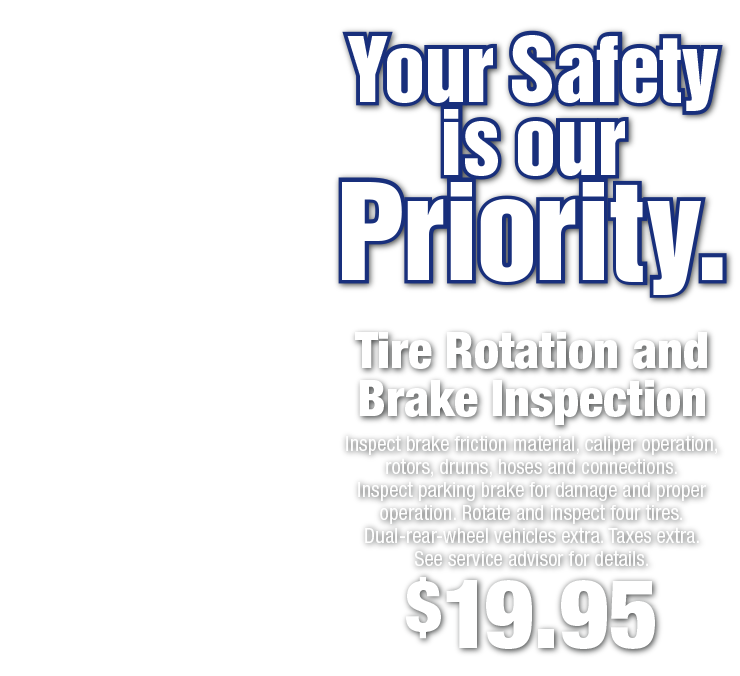(Timing Belt)
August 25, 2024
You may have heard about an important part of your vehicle's engine called a timing belt, and many know that if that belt breaks, it can cause some very serious engine problems.
Not all vehicles have them, and the ones that do generally have smaller engines. The timing belt keeps the engine synchronized so that every time a spark plug fires, the crankshaft, camshaft, pistons, and valves are all working together. Timing belts will eventually have to be replaced, and most vehicle manufacturers recommend when that should be. Typically, it's around every 60,000-100,000 miles, or 100,000-160,000 km. It's a good idea to stick to your vehicle's schedule or be alert for signs that the timing belt may be failing prematurely.
Some of those symptoms? Maybe your engine won't even turn over when you try firing it up. You might hear a ticking or banging sound under the hood. Perhaps you spot an oil leak or notice the engine misfiring. If any of those are happening to your vehicle, we strongly advise you to bring it in to us so we can have a technician see what's causing the issue.
Again, if your timing belt breaks, it can cause serious, expensive engine damage to valves and pistons. It is far better to have the timing belt replaced before it breaks.
Replacing it is fairly involved, and other associated parts, such as the water pump, thermostat, tensioner, and idler pulleys may be replaced at the same time. That way, your timing belt is more likely to last another 60,000-100,000 miles/100,000-160,000 km without any problems.
Timing belts are being used in fewer vehicles, with more and more using timing chains since they last longer. If you're wondering if your vehicle has one, contact our service adviser who can check. Maybe it's time to schedule a timing belt replacement to keep your vehicle's engine parts working in harmony as they should.
Auto Lab Troy
2790 West Maple Rd.
Troy, Michigan 48084
(248) 643-7690
Need Service?
More articles from Auto Lab Troy

It's (Not) Complicated (Engine Air Filter)
December 22, 2024
While many components of your vehicle are complex and composed of lots of mechanical and electrical parts, there's one that isn't complicated but still important. It's your engine air filter. (And, we should point out, the engine air filter isn't to be confused with the cabin air filter. The ca... More

Putting a Stop to Brake Problems (Brake Service)
December 15, 2024
It's safe to say that most drivers take their brakes for granted. You press on the brake pedal and the vehicle slows down or stops. It's easy to see why it is so important for your vehicle's brakes to be working correctly. Brakes are an important safety feature of any vehicle. When it comes to... More

Why is Air Not Coming Out of My Vents?
December 8, 2024
You climb inside your vehicle, start the ignition, and reach for the fan control for the heating or air conditioning. But when you try to crank it up, no air comes out of the vents. It can make for a very uncomfortable trip, whether its hot or cold outside. Its important for the comfort of you a... More










